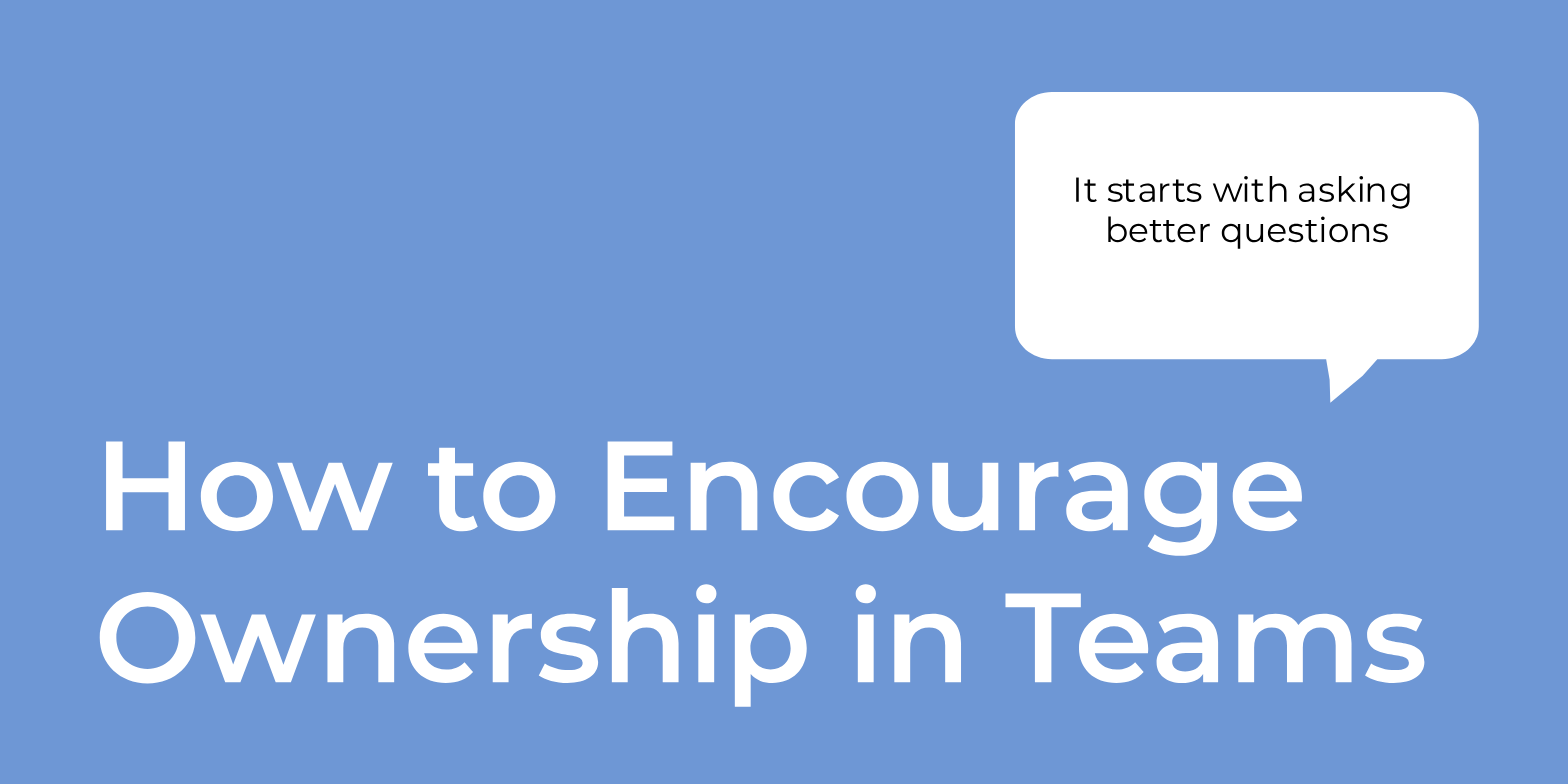Accountability and responsibility often get used interchangeably, but they’re not the same thing.
Accountability is external. It’s one-directional. “Do this by Friday at five.” It carries the tone of command and control, assuming people won’t follow through unless pressure is applied.
Responsibility is internal. It’s bi-directional and collaborative. “I make a commitment to you to follow through on my agreements. And likewise, you make a commitment to follow through on yours.”
The shift in language might seem small but it matters.
When teams are managed through external accountability, outcomes depend on compliance and oversight. When teams operate with shared responsibility, outcomes flow from commitment, clarity and mutual respect.
The difference manifests as teams who are stressed by short-term results under immense pressure versus teams who are set up for sustainable, predictable outcomes, every time.
The 7 Agreement Questions
So, how do you turn assignments into agreements?
It starts with the questions leaders ask before work begins.
Used consistently, these questions turn assignments into agreements and create the conditions for real ownership within our teams

Team Culture Changes When Leadership Shows Care
When work is framed as a one-direction command, leaders end up managing compliance.
When it’s framed as an agreement through questions of respect and clarity, teams step into responsibility.
Instead of scrambling at the last minute, teams know what’s expected, have what they need, and can deliver consistently.
Creating a team culture built on clarity, mutual commitment and respect keeps teams engaged, collaborative and willing to take ownership over projects again and again.
Ownership grows when responsibility is shared. And that starts with the questions we ask.

